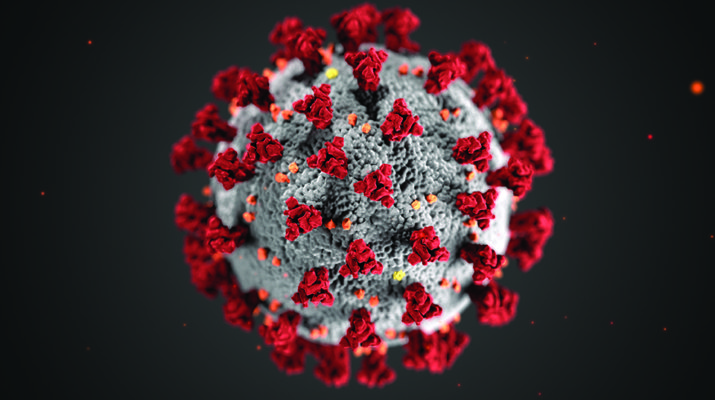As healthcare workers across the U.S. began receiving the nation’s first shipment of COVID-19 vaccines this week, Regional West officials are making plans for the vaccine’s upcoming delivery and administration to frontline healthcare staff with a high risk of exposure.
Regional West will be receiving several batches of the Moderna COVID-19 vaccine. In accordance with state and federal recommendations, a priority matrix has been established to identify those groups who qualify for the first round of vaccinations.
Nationwide, the vaccine will be distributed in waves. The first wave will have three phases (a, b, and c). Phase A distribution will go to healthcare and long term care facilities; Phase B will include first responders, the education sector, food and agriculture, corrections staff, and utilities and transportation; while Phase C will include people who are 65 years of age and older, vulnerable populations, and congregate living, including nursing homes. Future waves of distribution have not been announced, however, vaccine distribution for the general public is anticipated in early spring 2021.
“We are preparing and planning for the upcoming arrival of the COVID-19 vaccine at Regional West. We are reviewing the providers and staff who have the highest risk of exposure to COVID-19 patients to help build a plan for dispensing the vaccine,” said Regional West Chief of Staff Dorisa Polk, MD, FACOG.
The vaccine will be given in two shots, spaced either 21 or 28 days apart, based on which vaccine brand is shipped. Recipients must receive the same vaccine for both shots for it to be effective. Through trials, both vaccines have proven to be 95% effective. That means of those vaccinated for the trials, only 5% developed COVID-19 when exposed to the virus and their symptoms were mild.
Until more Americans are vaccinated, everyone is encouraged to help prevent the spread of COVID-19 by social distancing, regular hand washing, wearing a mask in public, and self-monitoring for symptoms. More information will be provided about general public clinics when available.

